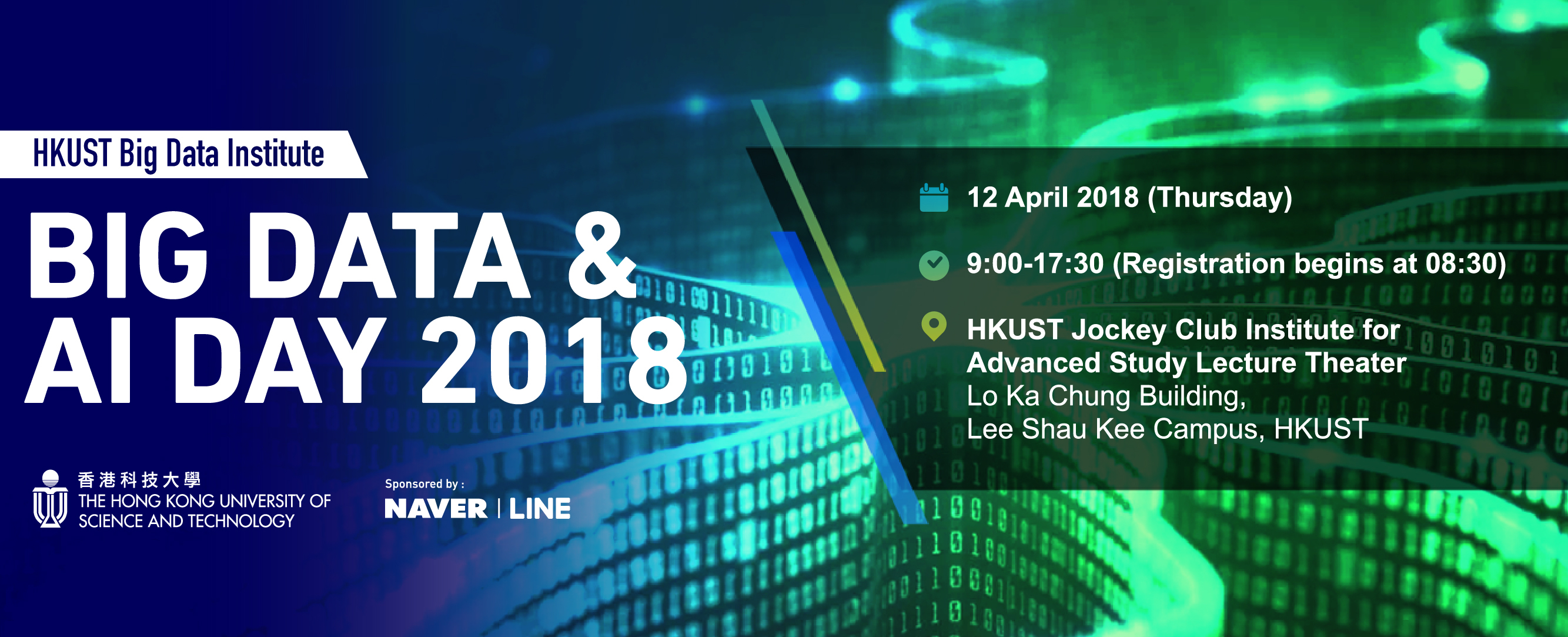Prof Sang Kyun Cha is a professor, an innovator, and an entrepreneur. He developed three generations of in-memory transactional and analytical data platforms since he joined Seoul National University (SNU) in 1992. Since 2014, he has been into the next phase of his career, pursuing scalable education of young digital innovators while researching on the next-generation digitalization platform technology.
His pioneering outlier life began with founding Transact In Memory, Inc. in Silicon Valley in early 2000’s to materialize his group’s innovative research publications in SIGMOD, VLDB, ICDE into his second-generation system called P*TIME. In late 2005, German software company SAP secretly bought his start up as well as his vision of real-time in-memory platform paradigm.
In the first quarter of 2006, P*TIME was integrated into SAP’s ERP stack as the world’s first modern enterprise-scale in-memory DBMS. This historical achievement, although eight years ahead of the next comparable product, was unfortunately known to only a small circle of SAP’s top management and developers because of non-disclosure agreement. P*TIME’s pioneering features included in-memory-optimized MVCC, a novel compressed B+-tree with cache-conscious optimistic index concurrency control, parallel logging for scalable update performance, and parallel recovery of large in-memory data volume.
After leading this initial phase of SAP’s R&D toward the new in-memory paradigm, he took charge of SAP’s internal research for integrated in-memory transactional and analytical platform. Based on this research, from 2009 to early 2014, he co-led the development of SAP HANA, which triggered the enterprise software industry to shift to the in-memory paradigm. With the success of HANA, SAP has now become the most valuable German company with ~120 billion Euro market value.
After his dream of in-memory paradigm shift achieved with SAP HANA’s support for operational enterprise database such as ERP, in 2014, he fully returned to SNU and founded Big Data Institute to lead trans-disciplinary digital transformation research and education across all academic disciplines. In 2017, he founded SNU urban data science laboratory in the downtown Seoul with funding from Seoul city government, and the fourth industrial revolution academy transforming young people into digital innovators.
With his past outlier experience, he served on the board of trustees of SNU from December 2014 to 2016. He is the longest-serving board member of Korea Telecom since March 2012. From June 2017, he serves as the chair of digitalization of Korea Electric Power Company. In his spare time, he advises various Korean government ministries and companies.
Prof. Cha received his BS and MS from Seoul National University in 1980 and 1982, respectively, and his Ph.D. from Stanford University in 1991. He was on the editorial board of VLDB Journal from 2009 to 2015. He was a general co-chair of 2015 IEEE International Conference on Data Engineering in Seoul, which drew 630 participants, a historical record in the past ten years. Since then he became a member of IEEE ICDE Steering committee. In 2017, Professor Cha was offered an invitation of chief scientist in one of Chinese research institutions under Thousand Talents Program.

